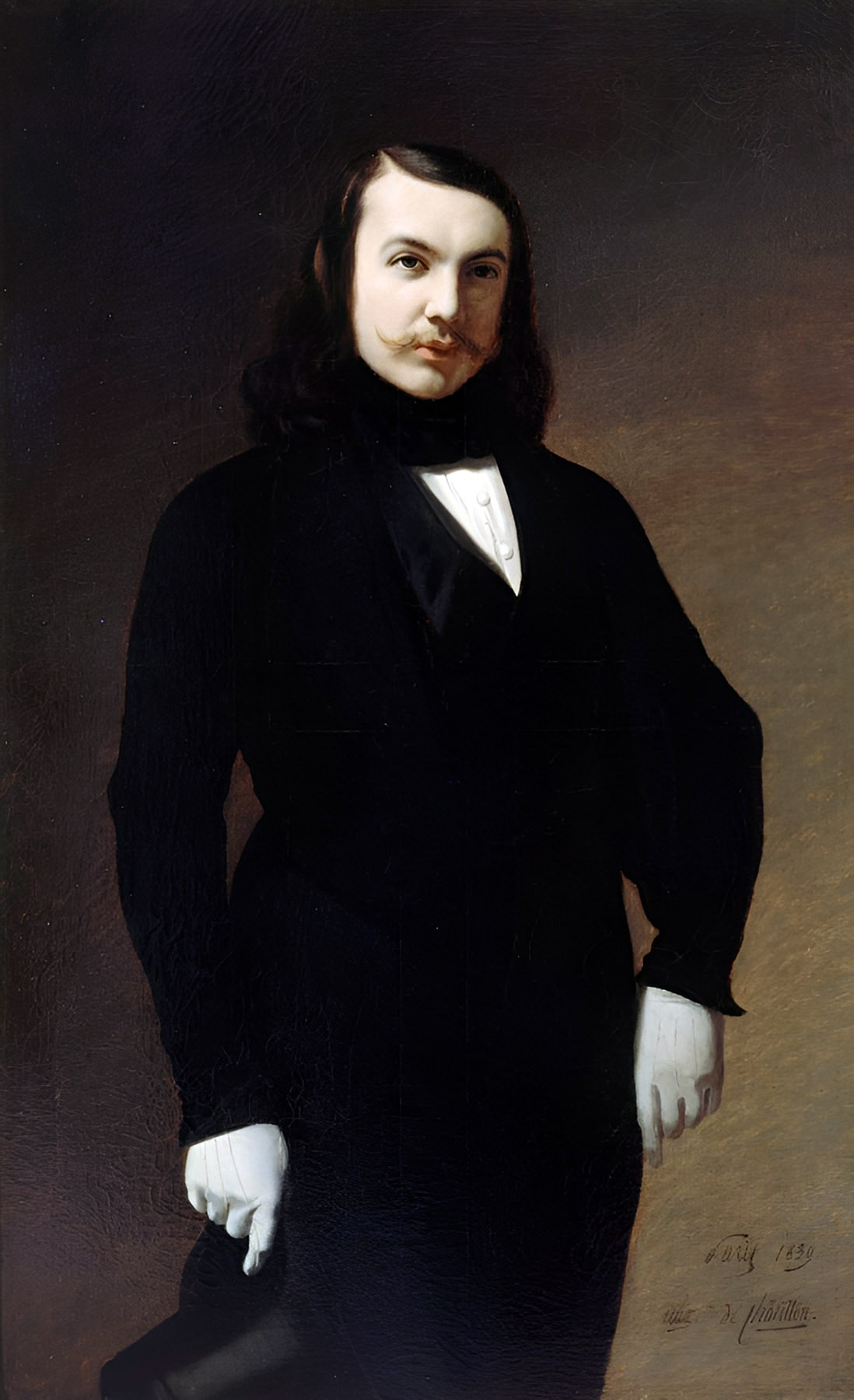News
Théophile Gautier: Selected Poems
Théophile Gautier's selected poems, in a new translation, are now available on the website here. We are currently preparing a brand-new translation of Gautier's 'Travels in Spain', to be followed by further travel writings by that influential French poet, and art-critic.
Gautier (1811-1872 was born in Tarbes, in the Hautes-Pyrénées region of south-west France, his family moving to Paris in 1814. He was a friend, at school, of the poet Gérard de Nerval, who introduced him to Victor Hugo. Gautier contributed to various journals, including La Presse, throughout his life, which offered opportunities for travel in Spain (1840), Algeria (1845, 1862), Italy (1850), Russia (1858-59, 1861), and Egypt (1869). He was a devotee of the ballet, writing a number of scenarios including that of Giselle. At the time of the 1848 Revolution, he expressed strong support for the ideals of the second Republic, a support which he maintained for the rest of his life.
A successor to the first wave of Romantic writers, including Chateaubriand and Lamartine, he directed the Revue de Paris from 1851 to 1856, worked as a journalist for La Presse and Le Moniteur universel, and in 1856 became editor of L’Artiste, in which he published numerous editorials asserting his doctrine of ‘Art for art’s sake’. Saint-Beuve secured him critical acclaim, he became chairman of the Société Nationale des Beaux-Arts in 1862, and in 1868 was granted the sinecure of librarian to Princess Mathilde Bonaparte, a cousin of Napoleon III, having been introduced to her salon.
Gautier remained in Paris during the Franco-Prussian War of 1870-71, and the aftermath of the Commune of 1871, dying of heart disease at the age of sixty-one in 1872.
Though ostensibly a Romantic poet, Gautier may be seen as a forerunner to, and a point of reference for, a number of divergent poetic movements including symbolism and modernism.

Aloysius Bertrand: Gaspard de la Nuit
2 September 2024Wagner's Tristan und Isolde
29 August 2024Turold: The Song of Roland
29 August 2024News Update: August
15 August 2024Wagner's Parsifal
10 July 2024
Wagner's Tannhäuser
14 October 2024Make your own gallery
21 October 2024El Cantar de mío Cid : Print and Kindle editions
5 November 2024Théophile Gautier: Travels in Spain
6 November 2024Virgil: Eclogues and Georgics, Print Edition
19 December 2024
Want to comment on this post? Then cookies (Learn more).
JunMayAprMarFebJan20242023202220212020201920182017201620152014List all articles
Most Recent:
Théophile Gautier: Egypt
17 June 2025Théophile Gautier: Constantinople
12 June 2025Gérard de Nerval: Selected Poems
13 May 2025Gérard de Nerval: Sylvie
12 May 2025Gérard de Nerval: Voyage en Orient
22 April 2025